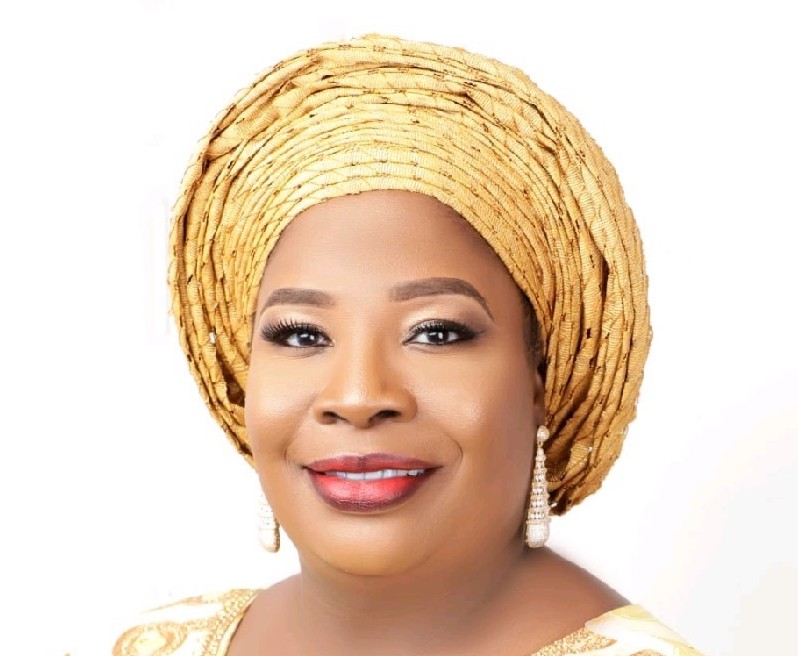 The Vice President of Air and Logistics of the National Association of Government Approved Freight Forwarders (NAGAFF), Dr Segun Musa, has criticised Nigeria’s approach to implementing the African Continental Free Trade Area (AfCFTA), describing it as overly theoretical and ineffective.
The Vice President of Air and Logistics of the National Association of Government Approved Freight Forwarders (NAGAFF), Dr Segun Musa, has criticised Nigeria’s approach to implementing the African Continental Free Trade Area (AfCFTA), describing it as overly theoretical and ineffective.
Musa argued that the government and stakeholders have reduced AfCFTA to mere talk shows and paper presentations, noting that practical strategies and actionable plans are urgently needed to ensure Nigeria participates meaningfully in this continental market.
Speaking with maritime journalists, Musa further accused committees overseeing AfCFTA implementation of failing to engage relevant stakeholders effectively.
“Their lack of seriousness and practical engagement is a missed opportunity for Nigeria to leverage the agreement,” Musa lamented.
He warned that Nigeria’s unpreparedness for AfCFTA could turn the country into a dumping ground for goods from other African nations.
He also highlighted Nigeria’s stark deficiencies in manufacturing, industrialisation, and infrastructure, describing the country’s current trade position under AfCFTA as alarmingly weak.
“AfCFTA offers immense opportunities to boost Nigeria’s economy, but we have little to offer in trade. We’ve opened the doors to trade liberalization, yet we are unprepared. Without competitive goods to exchange, we risk becoming a dumping ground for the continent,” he said.
Musa emphasised the importance of sustainable production, pointing out that key enablers such as stable electricity, advanced technology, reliable infrastructure and robust security are lacking.
He urged the government to act swiftly to enhance local production capabilities and improve Nigeria’s trade readiness.
“We must identify and support local entrepreneurs, provide them with liquidity, and ensure their products meet both local and international certification standards,” he stressed.
He also called on regulatory bodies like the Standards Organisation of Nigeria (SON) to take a more proactive role in standardization and capacity building.
Musa expressed optimism that Nigeria could still benefit from AfCFTA if the government prioritises local content development, capacity building, and export-readiness initiatives.
“It’s not too late for Nigeria to harness the benefits of AfCFTA, but we must act now to ensure we have something tangible to offer,” he said.






